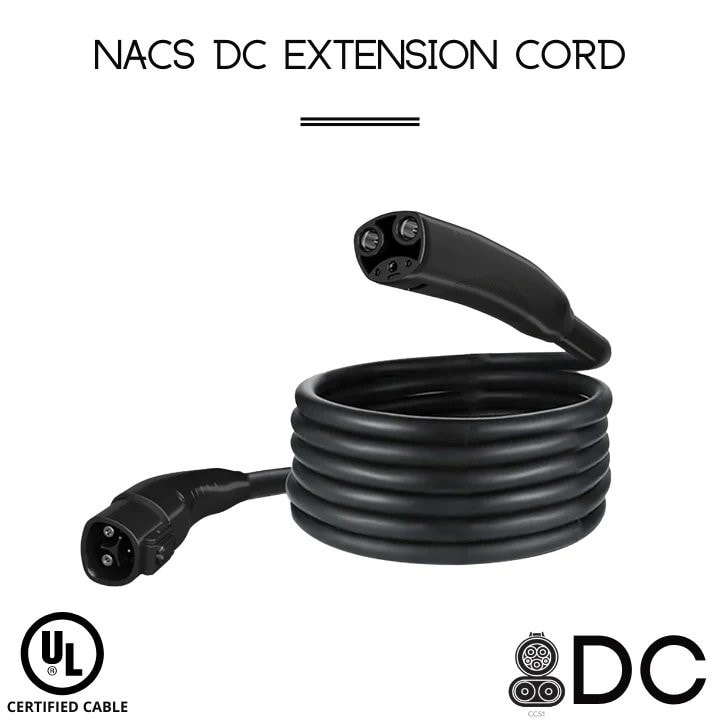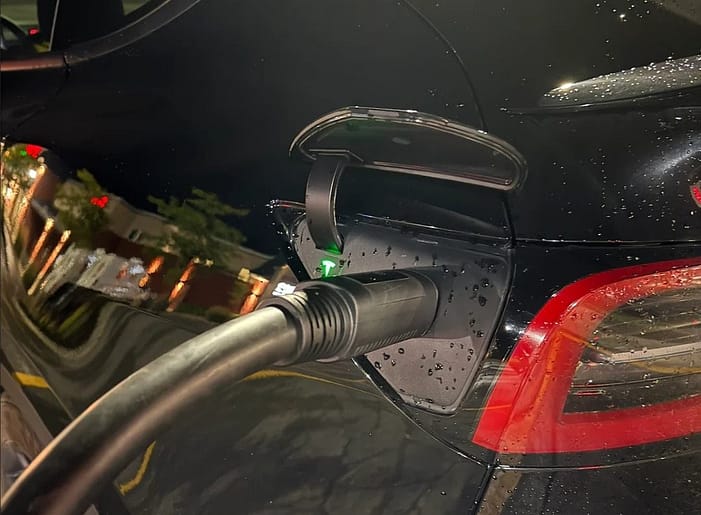The advent of non Tesla vehicles at Supercharger stations, once exclusive to Tesla owners, has ignited a new set of challenges. The short charging cables, designed for Tesla’s specific charge port placement, have proven inadequate for many other electric vehicles, forcing drivers to park in awkward positions.
This inconvenience has prompted third party companies to develop extension cords and charging adapters to bridge the gap. However, Tesla has vehemently opposed these solutions, citing safety concerns. Concerns have been raised about the safety of using extension cords with DC fast chargers, particularly Tesla’s Supercharger network.
A Tesla engineer, Wes Morrill, highlighted potential overheating and short circuiting risks due to the introduction of additional connection points and the bypassing of built in temperature monitoring systems in the charger handle. This could lead to dangerous situations.
In response, a manufacturer of such extension cords, A2Z EV, emphasized their product’s safety features. They claim their design incorporates temperature sensors at both ends, adhering to industry standards, and boasts UL certification for adherence to safety and reliability requirements.

This development comes after Tesla’s past efforts to discourage unsafe charging practices and incompatible adapter usage.

